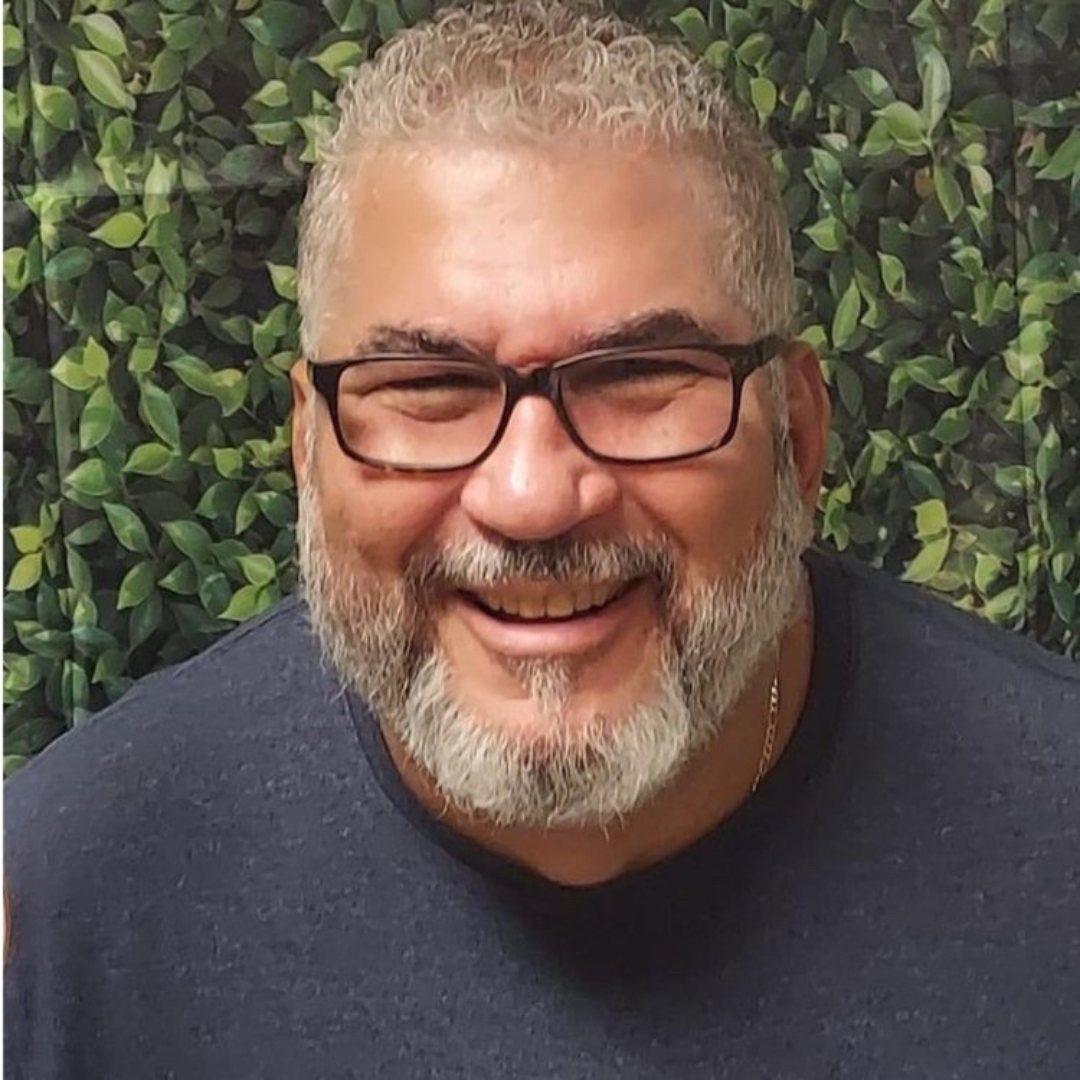Building Coalitions, Seeking Justice: My MFSA Story
by Rev. Luis F. Reyes-Rosario
In 1990, I relocated to Buffalo, NY, with my spouse and our 6-month-old daughter. It was my first time serving a church outside my native Puerto Rico. I was assigned to a Latinx congregation that shared a building with a white congregation. For the first time, I experienced the unsettling reality of needing permission for nearly everything.
Very quickly I noticed that our congregation was blamed for anything that went wrong in the building. The white pastor was neither welcoming nor collaborative, and tensions only grew. At that time, I was one of only two Hispanic clergy in the entire conference. A colleague encouraged me to speak with our District Superintendent, and eventually I filed charges. When the news spread, I received a letter from an MFSA leader offering support and reminding me that I was not alone. That encouragement meant a great deal, even as I moved on to a new appointment in Northern Illinois in 1992.
At Annual Conference the following year, I looked for the MFSA display and found a group of warm, welcoming people. Still, members of the Hispanic Caucus told me bluntly that MFSA was not to be trusted—a group dominated by white people. I was naïve at the time, but I listened to them.
In 1995, I was appointed to a congregation preparing to vote on becoming a Reconciling Congregation. I didn’t know much about the Reconciling movement, but it resonated deeply. For me, social holiness—the practice of living out our faith in justice and community—was essential. It reminded me of the missionary who came to my hometown in Puerto Rico in the 1920s: he organized laborers, brought electricity and running water, built classrooms for the first school, and then gathered workers for prayer meetings and Bible study. Faith and justice were inseparable.
When news spread that I had become a “Reconciling pastor,” I was no longer fully welcome in the Hispanic Caucus. But again, in that moment, MFSA offered me grace and hospitality. Over the years, I grew from being an active member to taking on leadership roles—serving in the North Central Jurisdiction and later on the National Board. It was not easy, but it was faithful work.
Serving on the Racial Audit Implementation Team helped me realize that the concerns I had carried for years were not unique to me. The team named the sins of white privilege, the “savior” identity, and other harms. That work continues, and while it is not perfect, it has brought growth and new possibilities.
Through MFSA I’ve also learned practical skills: how to organize faith communities, build coalitions, and negotiate for justice. These are gifts I carry with me even as I acknowledge the pain and challenges.
Today, the reality we live in feels frightening. I often feel unsafe. But I know I do not stand alone.
MFSA is not perfect—the Racial Audit showed us the ways we have failed, both intentionally and unintentionally—but it also showed us that there is hope. Justice work is never finished. It is ongoing.
The church still struggles to reflect God’s kin-dom here and now. We have made progress, but as Dr. King reminded us, “Injustice anywhere is a threat to justice everywhere.” I continue learning, growing, and staying committed to a justice-seeking church.
A native of Puerto Rico, Luis Felipe Reyes-Rosario (el/he/him/his) is an elder in full connection with 36 years of pastoral experience, including 28 years in cross-cultural and cross-racial appointments. He currently serves as Lead Pastor of the United Methodist Church of Sycamore in Sycamore, Illinois. His work in church mediation, systems theory, and social justice informs his ministry and his commitment to dismantling racism. He strives to live by Dr. King’s words: “Injustice anywhere is a threat to justice everywhere.”

